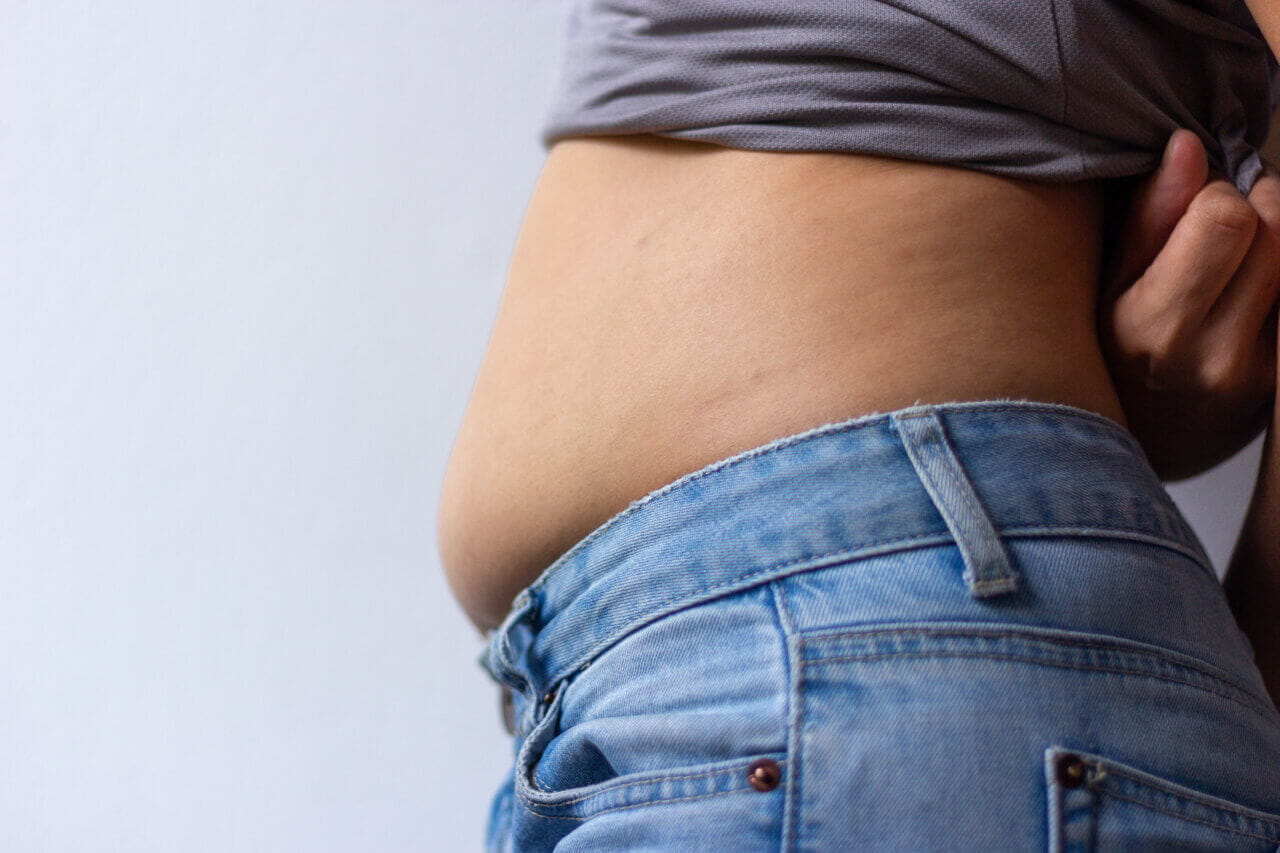Why is my stomach so big after menopause?
Why Is My Stomach So Big After Menopause? Understanding the Causes and Solutions for Menopausal Belly Fat
Menopause is a significant milestone in a woman’s life, but it often comes with a range of unwelcome changes, one of the most frustrating being unexplained weight gain, especially in the abdominal area. Many women ask, “Why is my stomach so big after menopause?” The answer lies in a combination of hormonal shifts, metabolic changes, and lifestyle factors that together contribute to the development of belly fat during and after menopause.
Agnus Castus
This article explores the primary causes of increased abdominal fat post-menopause and provides actionable tips to help you manage or reduce it, while optimizing for search engines through keyword-rich, informative content.
Hormonal Changes That Affect Your Waistline After Menopause
One of the most common reasons for a bloated or larger stomach after menopause is the decline in estrogen levels. Estrogen plays a key role in regulating fat distribution. Before menopause, fat tends to accumulate around the hips and thighs. However, post-menopause, low estrogen levels often cause fat to shift toward the abdomen.
Cortisol, the stress hormone, can also be elevated during menopause due to sleep disturbances, anxiety, or lifestyle stress, and is known to contribute to visceral fat accumulation, particularly in the midsection.
Slower Metabolism and Its Impact on Post-Menopausal Weight Gain
A sluggish metabolism after menopause is another major factor. As we age, the body’s metabolic rate slows down, which means we burn fewer calories at rest. Combine this with reduced physical activity, and it’s easy to see how extra pounds—especially around the belly—can creep in.
The decline in lean muscle mass, also known as sarcopenia, can further exacerbate the problem. Muscle burns more calories than fat, so losing muscle means burning fewer calories daily, leading to gradual weight gain even if you haven’t changed your eating habits.
Poor Sleep and Menopause Belly Bloat
Sleep disturbances are common during and after menopause due to night sweats, insomnia, or hormonal fluctuations. Poor sleep not only affects energy levels and mood but also contributes to weight gain.
Lack of sleep affects the hormones ghrelin and leptin, which regulate hunger and satiety. When these are disrupted, you’re more likely to overeat or crave high-carb, high-fat foods. Additionally, poor sleep increases belly bloating after menopause due to poor digestion and stress responses.
Dietary Habits That Contribute to Menopausal Abdominal Fat
Even if your diet hasn’t changed much over the years, it may no longer be suitable for your current hormonal and metabolic profile. Many women unknowingly consume too many refined carbs, added sugars, and processed foods that lead to inflammation and water retention, which worsen bloating and fat accumulation.
A high-sodium diet can also cause water retention and contribute to a bloated stomach after menopause. Combine that with lower activity levels and hormonal imbalances, and it’s a perfect storm for belly fat.
How to Reduce Belly Fat After Menopause Naturally
The good news is that you can take control of your post-menopausal health with the right approach. Here are some effective strategies to reduce belly fat and regain your confidence:
1. Adopt a Hormone-Friendly Diet
Focus on whole foods, especially fruits, vegetables, lean proteins, and healthy fats. Incorporate fiber-rich foods like oats, legumes, and berries to help improve digestion and reduce bloating. Phytoestrogens, found in foods like flaxseeds and soy, can mimic estrogen and may help balance hormones naturally.
2. Increase Physical Activity
Include both cardiovascular exercise and strength training in your routine. Walking, swimming, and yoga help burn calories and improve mobility, while resistance training preserves muscle mass and boosts metabolism.
3. Get Quality Sleep
Aim for 7–9 hours of restful sleep each night. Create a bedtime routine, reduce caffeine intake, and avoid screen time before bed. Consider natural sleep aids like magnesium or melatonin if needed.
4. Manage Stress
Incorporate stress-reducing activities like meditation, deep breathing, or journaling. Lower cortisol levels can significantly reduce abdominal fat over time.
5. Stay Hydrated
Drinking plenty of water helps flush out toxins, reduces bloating, and keeps your metabolism functioning properly. Avoid carbonated drinks and excessive alcohol, both of which can contribute to a bloated stomach.
When to Consult a Doctor
Sometimes, a persistently large stomach after menopause may not just be due to fat. Conditions such as fibroids, ovarian cysts, or gastrointestinal disorders can also lead to abdominal swelling or bloating. If your stomach seems unusually swollen, painful, or doesn’t respond to lifestyle changes, it’s crucial to consult a healthcare provider.
Final Thoughts: You’re Not Alone in the Battle Against the Menopause Belly
If you’ve been wondering, “Why is my stomach so big after menopause?”—you’re certainly not alone. Hormonal fluctuations, slower metabolism, poor sleep, and lifestyle factors all play significant roles in abdominal weight gain and bloating. But with the right approach, including a hormone-friendly diet, regular exercise, stress management, and sufficient sleep, it’s entirely possible to reclaim your health and feel confident in your body again.
Remember: Progress takes time. Be kind to yourself, make gradual changes, and celebrate small victories along the way.
- Why is my stomach big after menopause
- Bloated stomach after menopause
- How to reduce belly fat after menopause naturally
- Foods that cause belly fat after menopause
- Post-menopausal belly fat solutions
- Estrogen and belly fat after menopause
- Hormonal belly fat after menopause
- Menopause and abdominal weight gain
- Best exercises for menopausal belly fat
- Menopause bloating relief
- Causes of belly bloat after menopause
- Persistent bloating after menopause
- Slow metabolism after menopause and weight gain
- How to shrink your stomach after menopause




